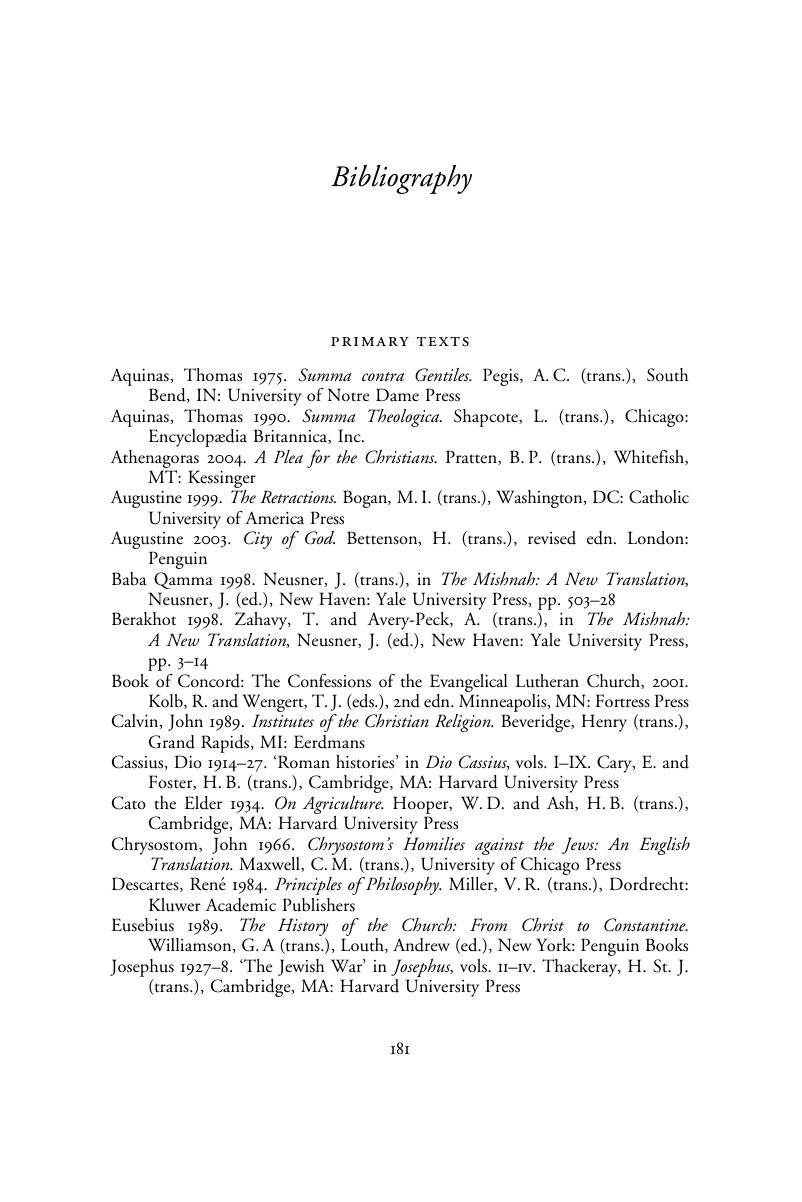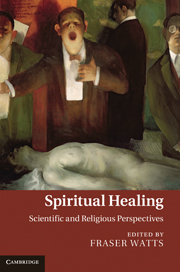Book contents
- Frontmatter
- Contents
- List of figures
- List of contributors
- Preface
- 1 Conceptual issues in spiritual healing
- 2 The historical Jesus and healing: Jesus' miracles in psychosocial context
- 3 The theology of spiritual healing
- 4 Healing the spirit: mystical Judaism, religious texts and medicine
- 5 Conceptualizations of spiritual healing: Christian and secular
- 6 The psychodynamics of spiritual healing and the power of mother kissing it better
- 7 Spiritual healing in the context of the human need for safeness, connectedness and warmth: a biopsychosocial approach
- 8 Modelling the biomedical role of spirituality through breast cancer research
- 9 Spirituality and health: assessing the evidence
- 10 Relating spiritual healing and science: some critical reflections
- 11 Concluding integration
- Bibliography
- Index
- References
Bibliography
Published online by Cambridge University Press: 04 February 2011
- Frontmatter
- Contents
- List of figures
- List of contributors
- Preface
- 1 Conceptual issues in spiritual healing
- 2 The historical Jesus and healing: Jesus' miracles in psychosocial context
- 3 The theology of spiritual healing
- 4 Healing the spirit: mystical Judaism, religious texts and medicine
- 5 Conceptualizations of spiritual healing: Christian and secular
- 6 The psychodynamics of spiritual healing and the power of mother kissing it better
- 7 Spiritual healing in the context of the human need for safeness, connectedness and warmth: a biopsychosocial approach
- 8 Modelling the biomedical role of spirituality through breast cancer research
- 9 Spirituality and health: assessing the evidence
- 10 Relating spiritual healing and science: some critical reflections
- 11 Concluding integration
- Bibliography
- Index
- References
Summary

- Type
- Chapter
- Information
- Spiritual HealingScientific and Religious Perspectives, pp. 181 - 203Publisher: Cambridge University PressPrint publication year: 2011



